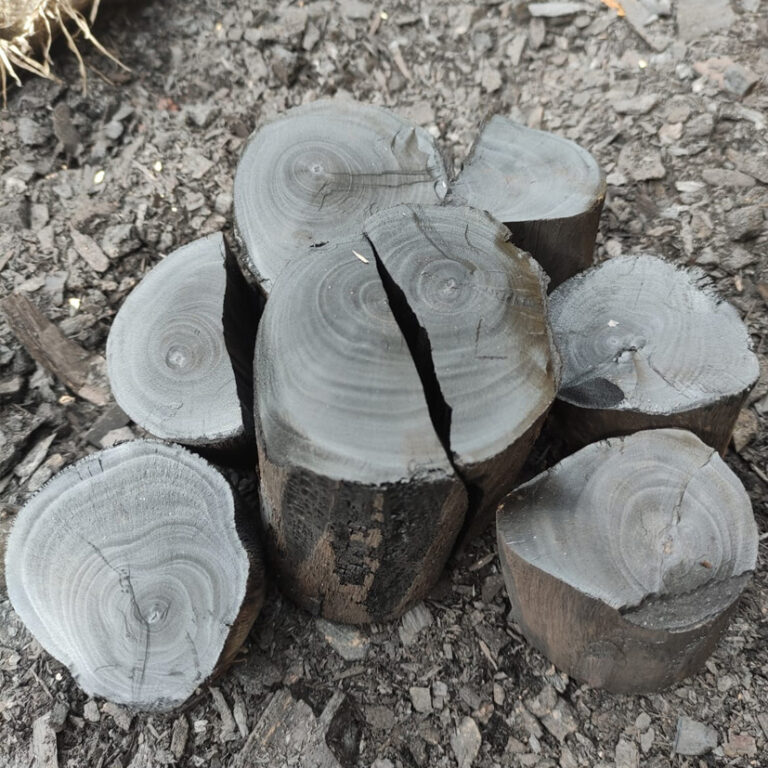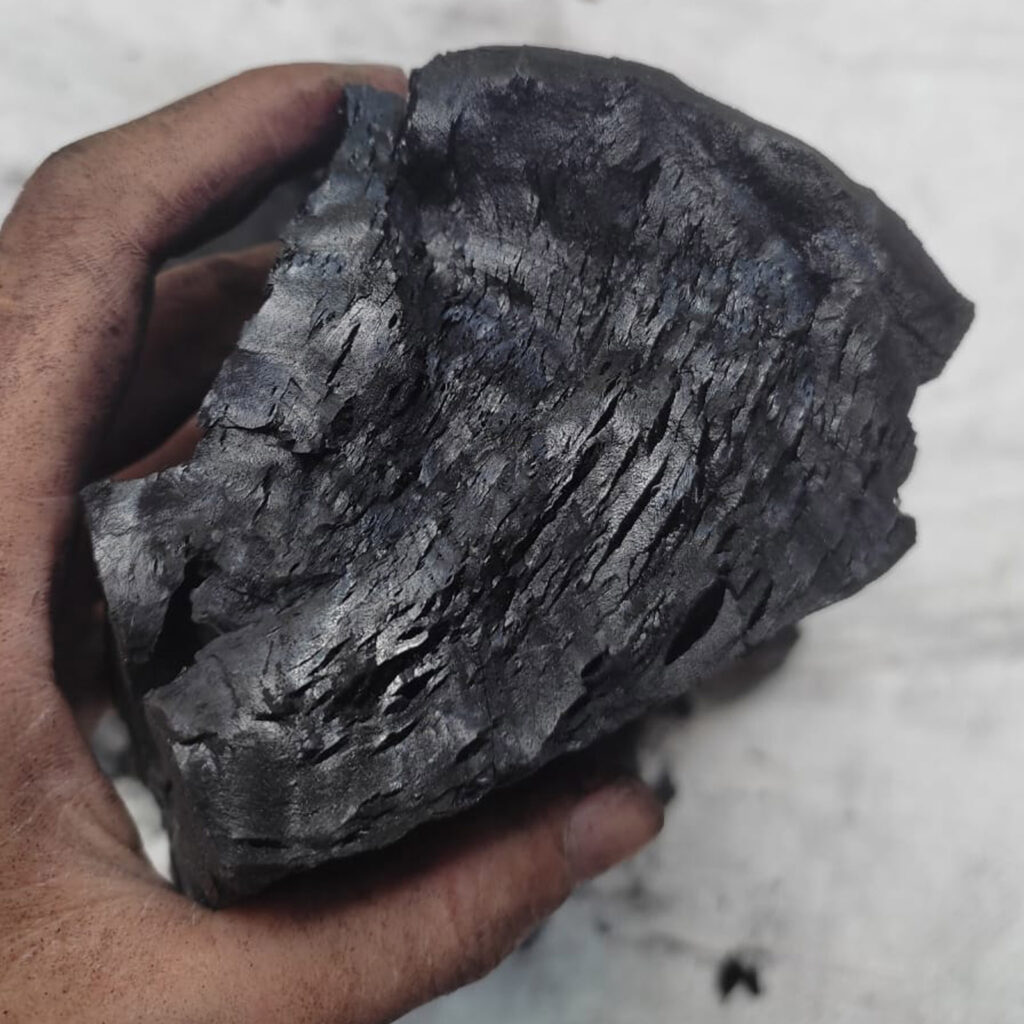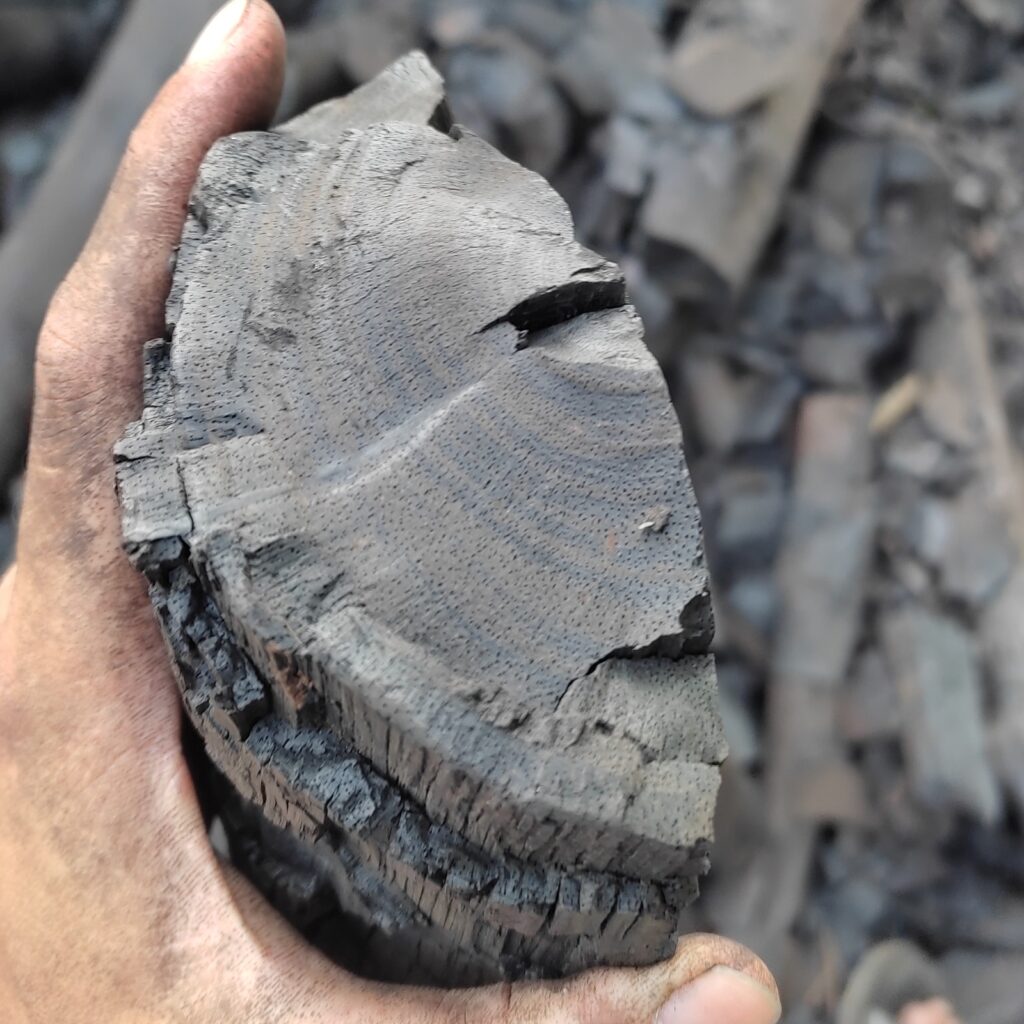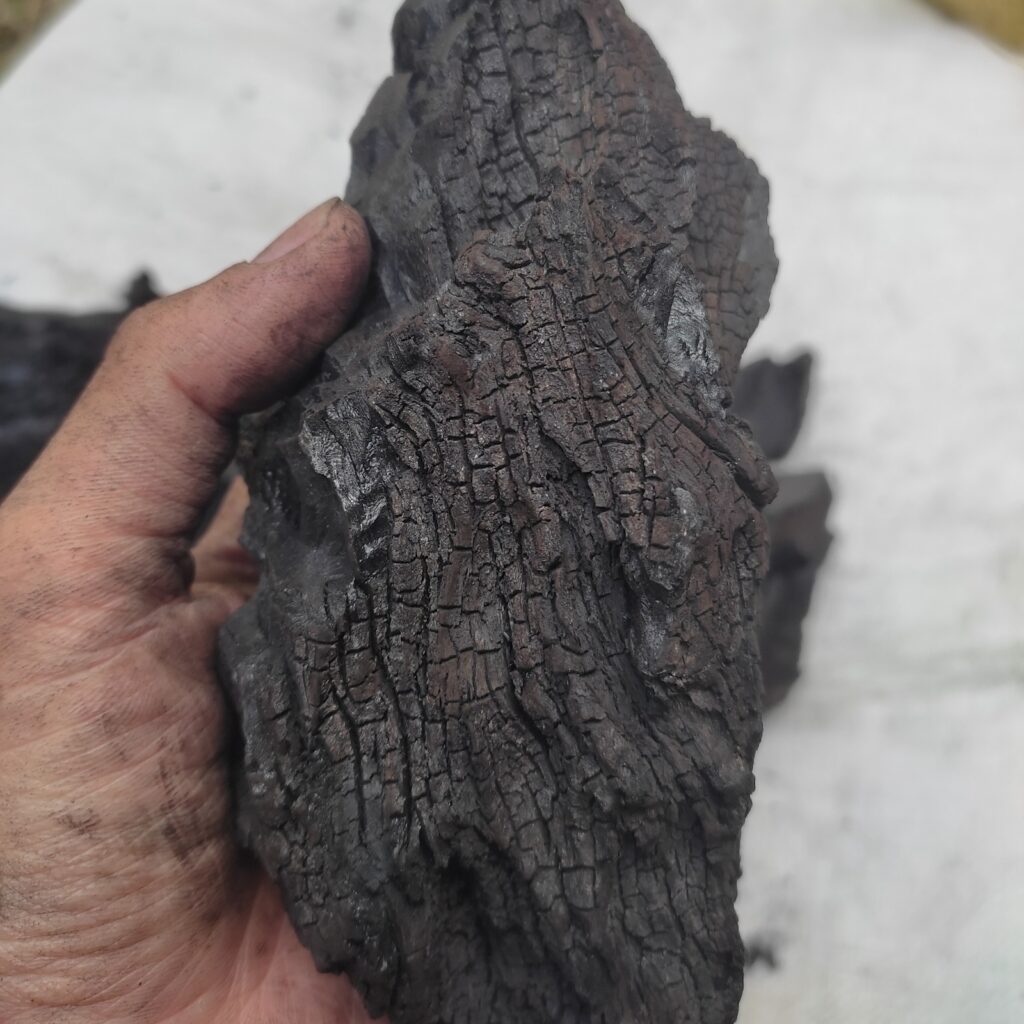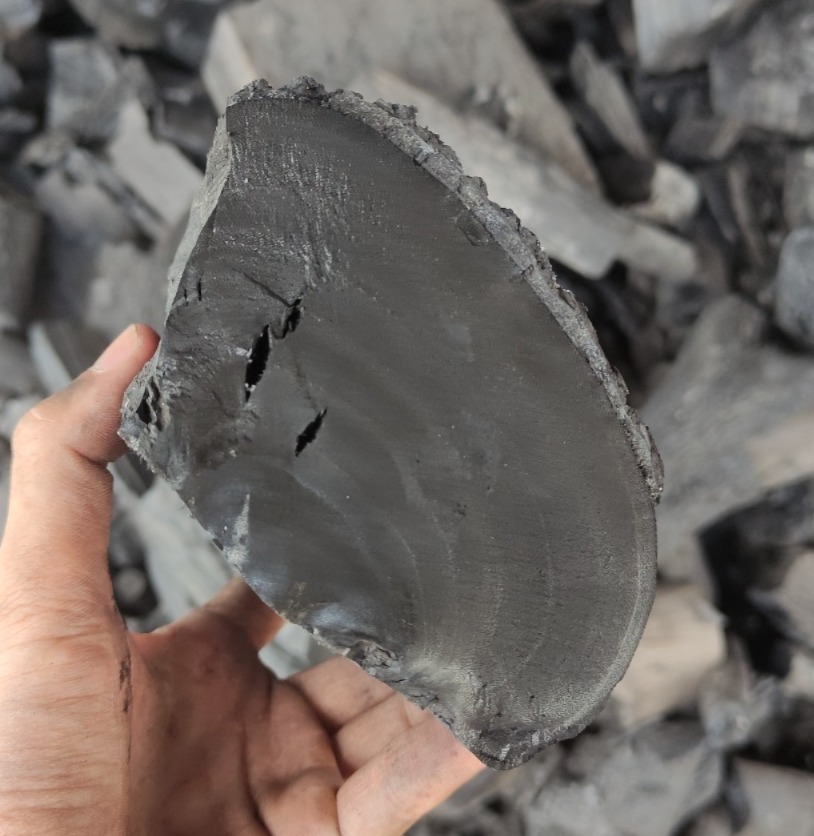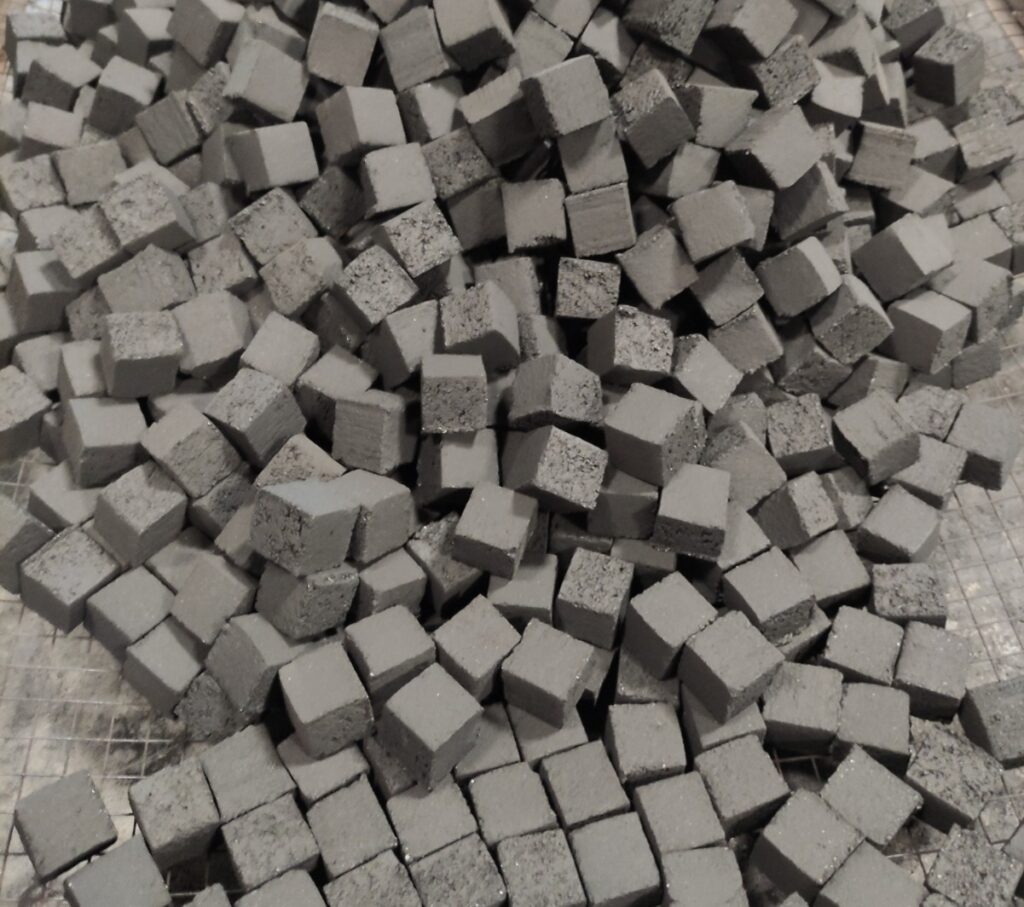
Indonesian charcoal is increasingly recognized as a top choice for creating more eco-friendly energy solutions. With growing global awareness of the importance of sustainability and reducing carbon footprints, many countries are turning to Indonesian as an efficient green energy alternative. This article explores how Indonesian charcoal suppliers play a crucial role in providing high-quality products that also support sustainable energy goals.
Indonesian Charcoal: An Eco-Friendly Energy Alternative
As a more natural fuel, Indonesian offers numerous advantages over fossil fuels. Its production process involves burning wood under limited oxygen conditions, resulting in charcoal with high combustion efficiency and lower emissions. Thus, using charcoal as fuel for cooking or industrial purposes helps reduce negative environmental impacts. Moreover, charcoal does not produce harmful smoke that could pollute the air, making it a cleaner and healthier choice for communities.
Sustainability in Charcoal Production
One key reason why Indonesian suppliers are increasingly in demand is their emphasis on environmentally friendly and sustainable production practices. Many producers utilize wood sourced from well-managed forests, ensuring no harm to ecosystems. Additionally, efficient burning techniques minimize the amount of carbon released into the atmosphere. Consequently, Indonesian charcoal becomes a vital part of green energy solutions supporting global efforts to reduce reliance on fossil fuels.
Indonesian Charcoal in Sustainable Energy Development
The Indonesian charcoal industry also contributes to the advancement of renewable and sustainable energy. Many countries are shifting their focus from traditional energy sources to more eco-friendly alternatives, including charcoal. Using charcoal as an energy source for cooking or industrial purposes aligns with global efforts to reduce fossil fuel dependency. In this context, Indonesian charcoal plays a significant role in providing energy solutions that are both efficient and environmentally safe.
Economic Benefits of Green Energy
With rising demand for Indonesian, this industry benefits not only the exporting nation but also consumer countries. The sustainable production of charcoal ensures the industry’s long-term viability, providing stable economic benefits for local farmers and workers. Moreover, the global market’s growing interest in environmentally friendly products presents a significant opportunity for Indonesia to expand its export reach.
For more information about charcoal, visit the Wikipedia page on Charcoal.
Conclusion
charcoal offers more than just fuel; it provides a natural, eco-friendly solution supporting green energy. With sustainable and efficient production methods, Indonesian charcoal plays a pivotal role in reducing global carbon emissions. For those interested in learning more or establishing business partnerships, visit Banua Ekspor Mandiri.

